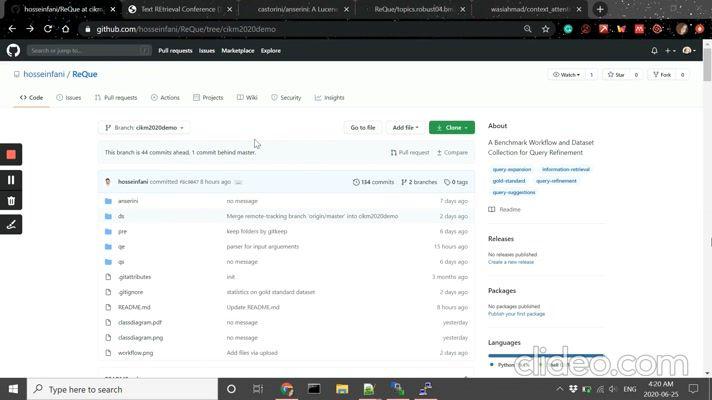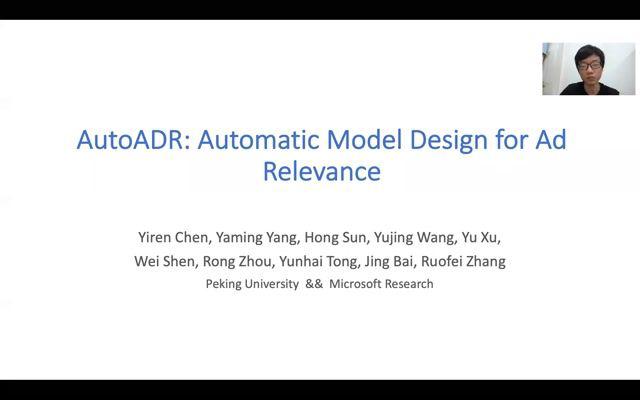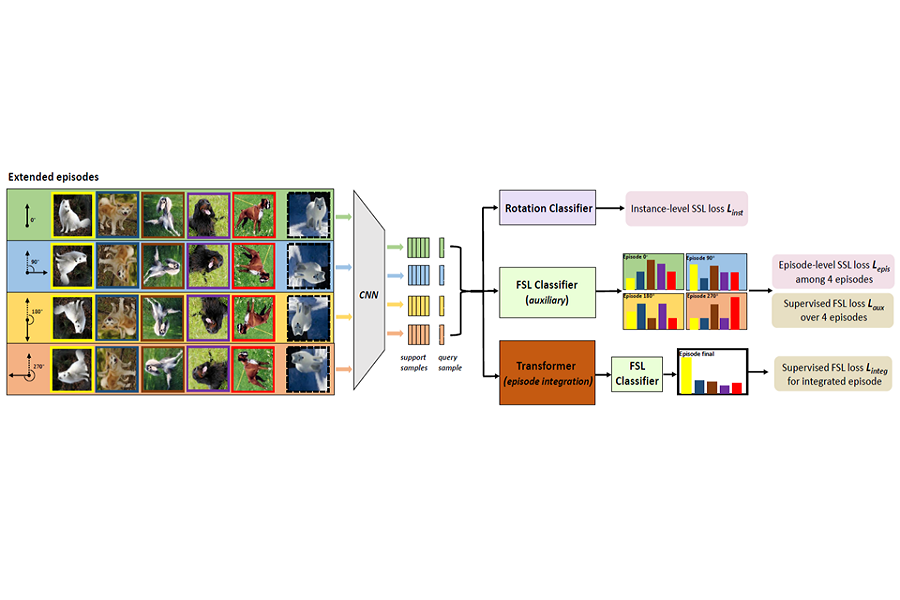Abstract:
The field of recommender systems has rapidly evolved over the last few years, with significant advances made due to the in-flux of deep learning techniques. However, as a result of this rapid progress, escalating barriers-to-entry for new researchers is emerging. In particular, state-of-the-art approaches have fragmented into a large number of code-bases, often requiring different input formats, pre-processing stages and evaluating with different metric packages. Hence, it is time-consuming for new researchers to reach the point of having both an effective baseline set and a sound comparative environment. As a step towards elevating this problem, we have developed BETA-Rec, an open source project for Building, Evaluating and Tuning Automated Recommender Systems. BETA-Rec aims to provide a practical data toolkit for building end-to-end recommendation systems in a standardized way. It provides means for dataset preparation and splitting using common strategies, a generalized model engine for implementing recommender models using Pytorch with 9 models available out-of-the-box, as well as a unified training, validation, tuning and testing pipeline. Furthermore, BETA-Rec is designed to be both modular and extensible, enabling new models to be quickly added to the framework. It is deployable in a wide range of environments via pre-built docker containers and supports distributed parameter tuning using Ray. In this demo, we will illustrate the deployment and use of BETA-Rec for researchers and practitioners on a number of standard recommendation datasets. The source code of the project is available at github: https://github.com/beta-team/beta-recsys.









































